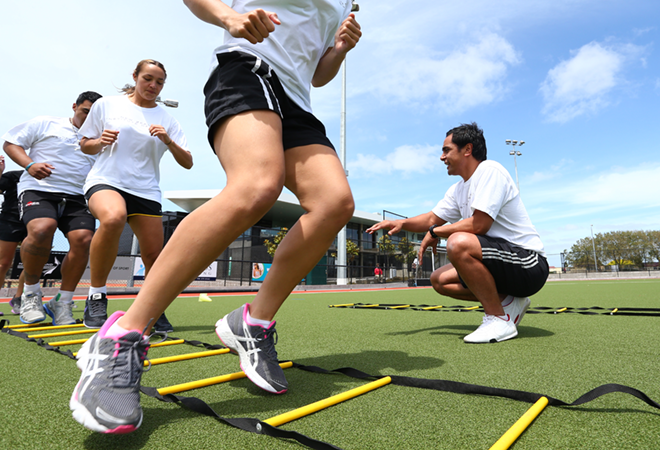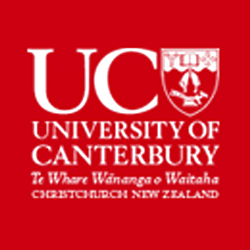
Developing Pedagogy for Exercise Science in Tertiary Physical Education Programmes in the Aotearoa New Zealand Context
Status
Completed: 6 May 2010
Project Details
A project completed in 2010, undertaken by University of Canterbury, to enhance tertiary exercise science pedagogy for physical education teacher education.
Aims:
The main aims of the project were to:
- identify the existing exercise science curriculum content for physical education/teacher education (PETE) students
- generate data regarding the pedagogical methods employed in the delivery of exercise science in physical education
- provide baseline data regarding student achievement, exercise subject knowledge and preparedness to teach during their PETE training
- develop a set of practical recommendations that will assist tertiary institutions and their staff in the development of pedagogies suitable for the enhancement of learning in the exercise sciences.
Methodology:
The project used a mixed methods approach involving:
- a review of the literature
- a document analysis across 3 universities to identify curriculum content
- a qualitative case study approach using semi-structured interviews was used with 6 staff to gather data on pedagogical methods and identify themes and patterns
- a quantitative survey of students
- qualitative semi-structured interviews with student volunteers to determine how their knowledge in the exercise sciences matched with their self-evaluation of their preparedness to teach.
Team

Dr Nick Draper
Project Leader
University of Canterbury
Ian Culpan
University of Canterbury
Susannah Stevens
University of CanterburyStatus
Funding
$10,000.00 (excl GST)
Key Findings
The key findings from the project included:
- The content of the exercise sciences within each degree structure of the 3 universities varied as follows: University 1 students can take anywhere from 21-46% of papers in exercise sciences within the total degree. University 2 students take 17% of papers in exercise sciences and for University 3 it was 21%.
- The sub-disciplines within the exercises sciences across the 3 universities were very similar but University 1 had a more traditional approach to the design and structure of the sub-disciplines while Universities 2 and 3 had a more contemporary approach.
- There was evidence that the extra time devoted to the exercise sciences in University 1 resulted in more content depth in each of the sub-disciplines.
- Staff teaching in the exercises sciences drew on a range of teaching approaches and activities but there was little evidence of staff utilising particular pedagogical models. Instead the data revealed that the staff used an eclectic approach to pedagogy which included: direct instruction, group work, reciprocal learning, individual tasks, and student-centred activities.
- In the semi-structured interviews, it became apparent that staff’s ability to articulate their pedagogical approach varied markedly. Only two-thirds of the staff interviewed could identify specific pedagogical approaches that related to pedagogical models.
- Student knowledge of the exercise sciences increased over the duration of their training. Exercise science content was well covered across all 3 universities but it appears that student’s felt that exposure to school teaching situations was an important factor in the development of their ability to understand and apply this content knowledge.
- Students’ preparedness to teach was directly related to exposure to school teaching contexts and the establishment of the relationship between exercise sciences and curriculum requirements. The application of content knowledge seemed to be a critical factor in the preparedness to teach.
Key Recommendations
The key recommendations from the project were:
Application of exercise science knowledge | That PETE programmes need to ensure that students are given appropriate opportunities to facilitate the application of exercise science knowledge in appropriate and authentic contexts.
Facilitation of students’ preparedness to teach | That to facilitate students’ preparedness to teach, strong relationships need to be made between exercise science content knowledge and specific content requirements of the school curriculum.
Integration of content across sub-disciplines | That planners of exercise science programmes within PETE further explore opportunities to integrate content across the sub-disciplines.
Implementation of specific pedagogies | That university teachers of the exercise sciences in PETE contexts actively explore the contemporary developments in teaching and learning with a view to the implementation of specific pedagogies for the exercise sciences.
Implementation of constructivist principles | That university teachers of exercise science need to explore and consider the evidence from the research on science education with a view to implementing constructivist principles into their teaching programmes.